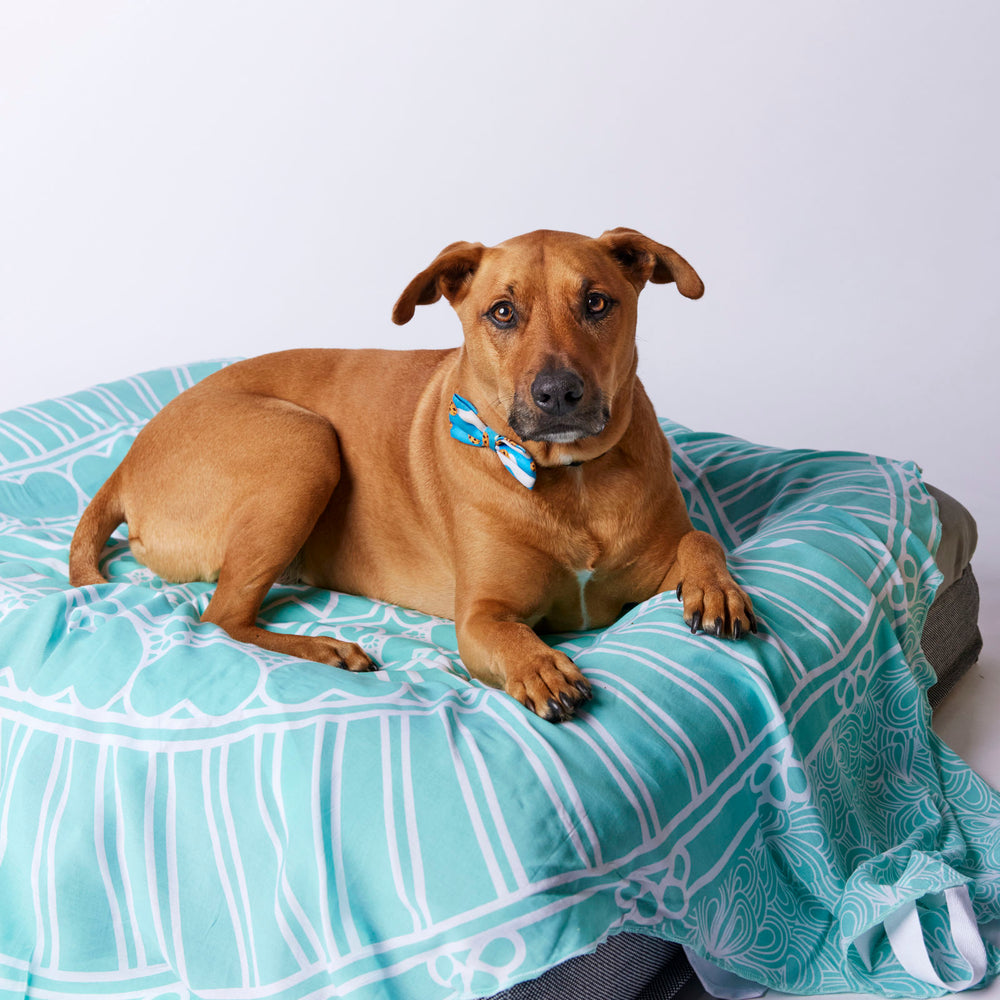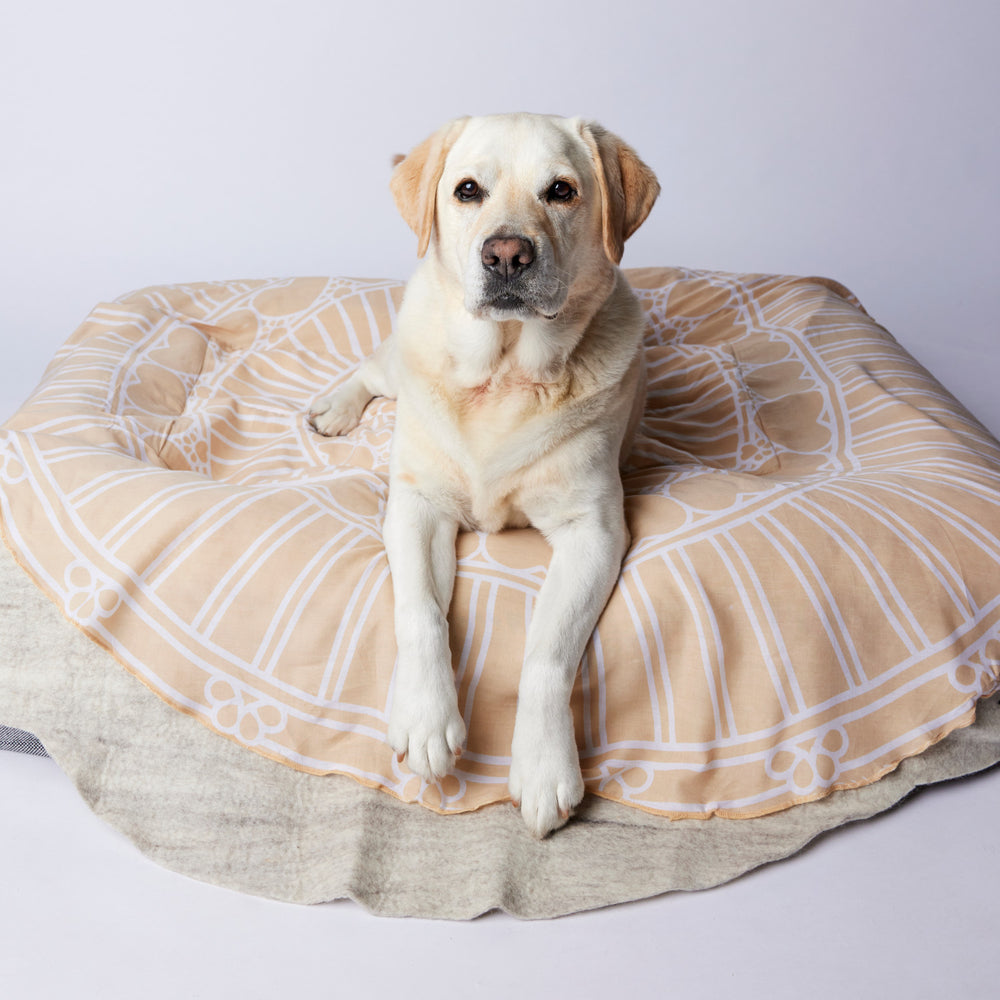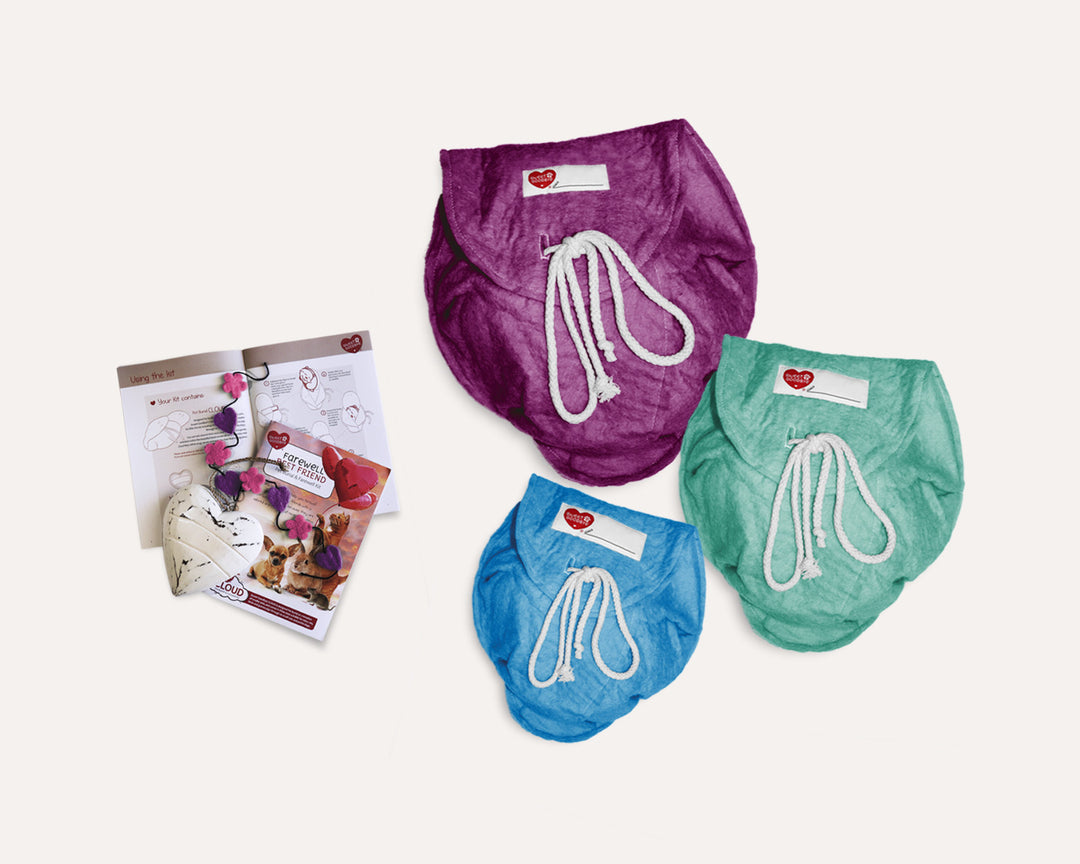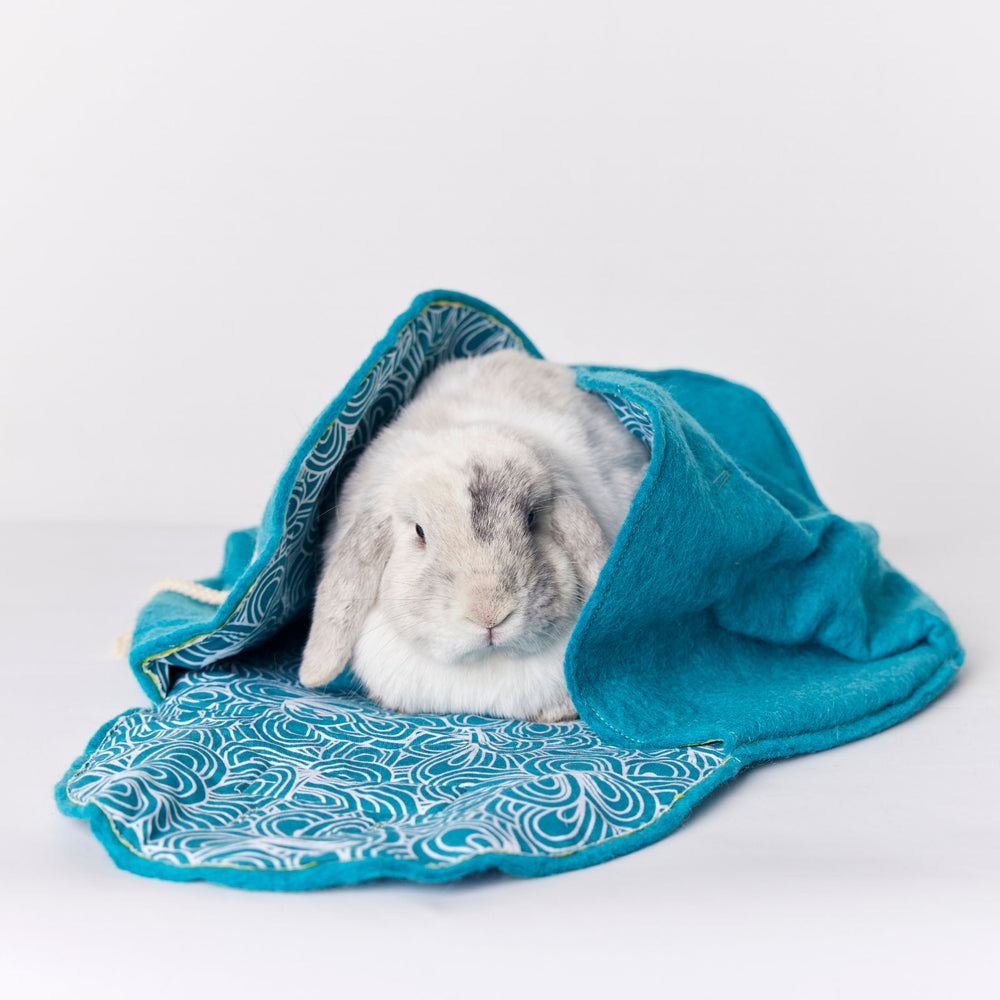Dental Care for Senior Pets

No-one likes going to the dentist, and to avoid it we take care of our teeth. So, only makes sense that we should do the same for our pets!
Like humans, our senior cats, dogs , and even pocket pets can develop dental diseases as a result of plaque and tartar buildup on their teeth. The bacteria in their mouth can also result in bad breath and gum disease if not controlled properly.
Poor dental care can directly impact your pets’ well-being and dental illnesses can worsen if left untreated, and so we chatted to our pet family to get their best tips and handy information to help you with your pets’ oral care!
Rabbits

It is often difficult to tell if an older bunny has any dental issues, but the best way to avoid them is to ensure your rabbit has a diet high in fibre.
Examining your bunny's teeth regularly can also help detect over or under grown teeth, abscesses or teeth injury - and ideally this should be checked once per week.
If you notice any of the below, it may be a sign that your rabbit has dental issues. You should visit your vet for a thorough check up.
- Loss of appetite
- Weight loss
- Facial swelling
- Abnormal jaw appearance
- Drooling
- Difficulty in eating hard foods;
Cats

While it's not the easiest task checking your cat's teeth (Their big fangs called canines are somewhat sabre like and can give you a mean bite!), it's still a very important job to ensure adequate dental care.
Cats may hide any signs of dental disease or pain, so regular checking and monitoring can ensure you catch these issues early. Look out for:
- Bad breath
- Blood tinged saliva
- Preference for wet food
- Loss of appetite
Regular professional cleaning is recommended for cats. If you are not sure what dental care to give your senior cat, ask your vet.
Dogs

We often laugh off the bad breath that hits us when our senior dogs give us a lovingly lick. However, like other pets, this could be a sign of dental issues. Monitoring your dogs' eating habits and noticing any behavioural changes can help detect problems early.
Apart from bad breath, possible dental issues could be identified by:
- Excessive drooling
- Changes in eating habits
- Yellow or brown teeth
- Swollen or bleeding gums
- Pawing at their mouth
Consistent teeth brushing and reducing or eliminating foods that high in sugar or carbohydrates will help keep your dogs teeth in good condition, but you should also include regular veterinary check-ups that include oral examinations.
Pocket Pets
Pocket pets have teeth too (Sounds obvious, but is often forgotten!). They also need attention given to their teeth to maintain good dental health. Here are some tips to help you boost oral health in senior hamsters, rabbits, rodents, and guinea pigs:
- Diet: A balanced diet helps encourage overall health, including dental health in pocket pets. Their diet should contain hay, fresh vegetables, commercially available pellets, and occasional fruits. Avoid feeding them sugary treats that can stick to their teeth and result in tooth decay.
- Chew Toys: Provide your senior pocket pets with suitable chew toys composed of safe materials. These chew toys prevent overgrowth and help wear down their continuously growing teeth.
- Hygiene: Make sure their living environment is clean to prevent bacterial buildup. Bedding should be dust-free and clean, which prevents respiratory problems that can indirectly affect pets' oral health.
- Regular Vet Visits: Regular vet visits help in the detection of dental problems at an early stage, which prevents severe consequences. Report the appearance of any unusual symptoms to your vet, which will help him diagnose and treat any health problems.
Can our Senior pets use human toothpaste?
Regardless of age, it's best to avoid using human toothpaste for pets. Human toothpastes contain ingredients such as xylitol that can harm our senior pets. Apart from that, our older pets have acquired tastes and they don’t like the flavours of human toothpaste and are likely to resist when its used! Look for toothpaste that is made specifically for pets and contains safe ingredients and a tolerable flavour.
Does my senior pet need anaesthesia for dental work?
Removal of plaque and tartar buildup is a necessary part of teeth cleaning and polishing makes teeth surfaces smooth and less likely for plaque to adhere. However, this is only possible if our senior pet is under anaesthesia.
Unlike sedation, full anaesthesia allows the veterinarian to place a tube in the windpipe. And in doing so will prevent lung infections caused by the numerous bacteria in the plaque on a pet's teeth.
Sedation or anaesthesia will allow your dog to relax, be calm or even go into a deep sleep so they won’t feel any pain. They also enable your vet to work effectively and are used for different procedures.
Every pet is different, so if you find your senior pet needing dental work and are unsure of the procedure and the effects on your fur baby, talk to your vet.
Our pets can't brush and floss their teeth, so it's up to us to give them a little assistance. In addition to getting a deep teeth clean by your vet, use the tips above to keep dental problems at bay!









